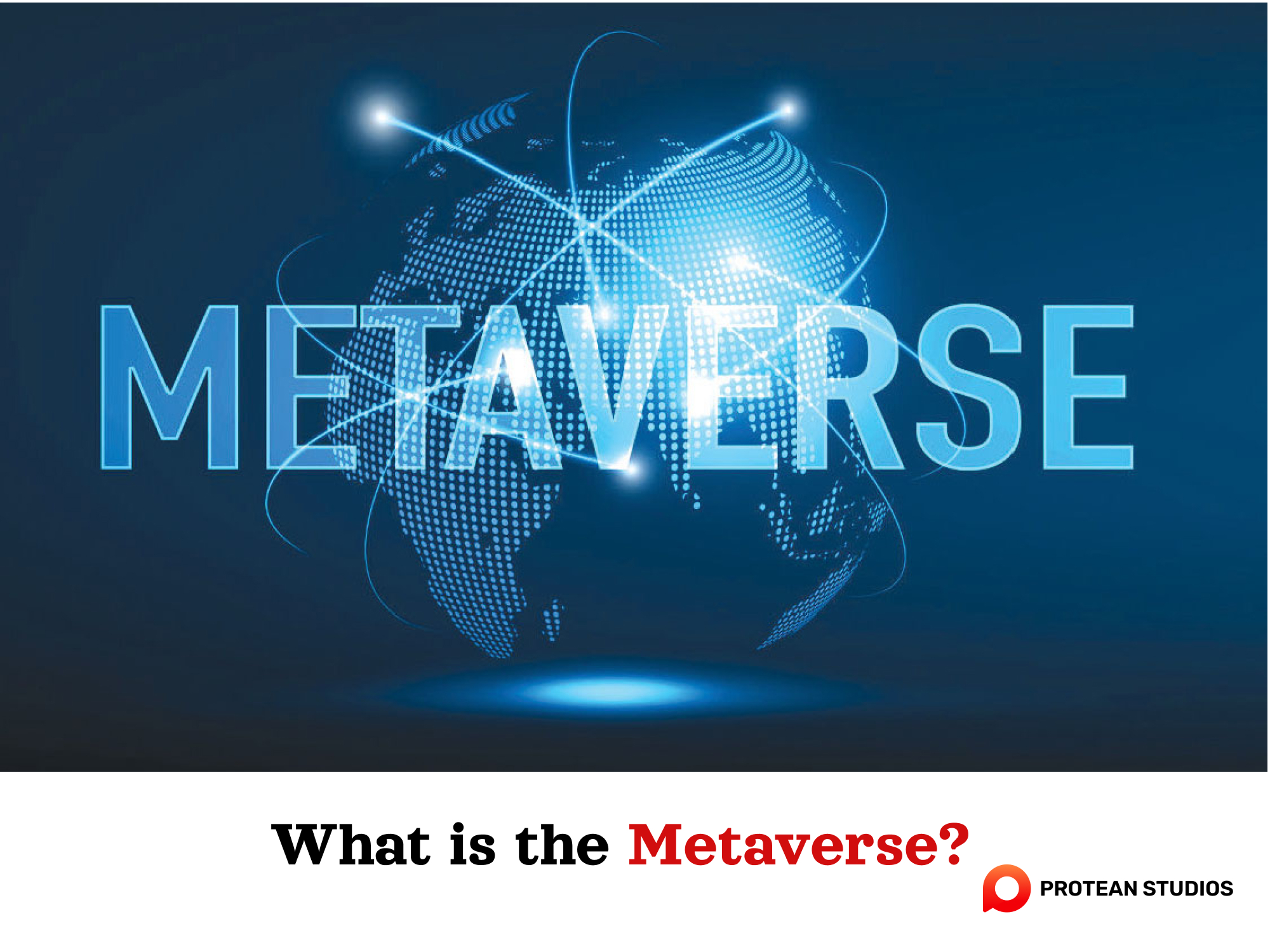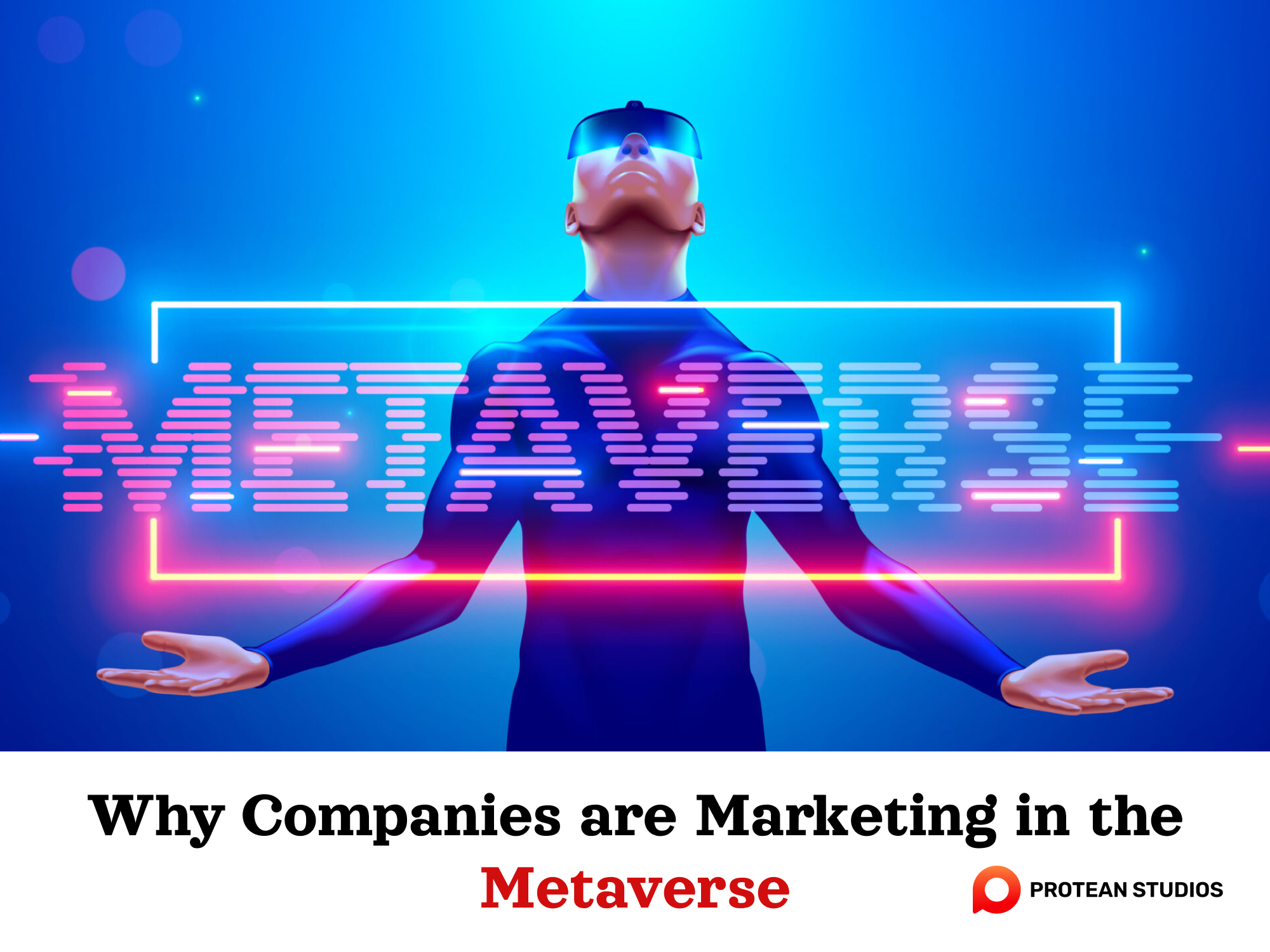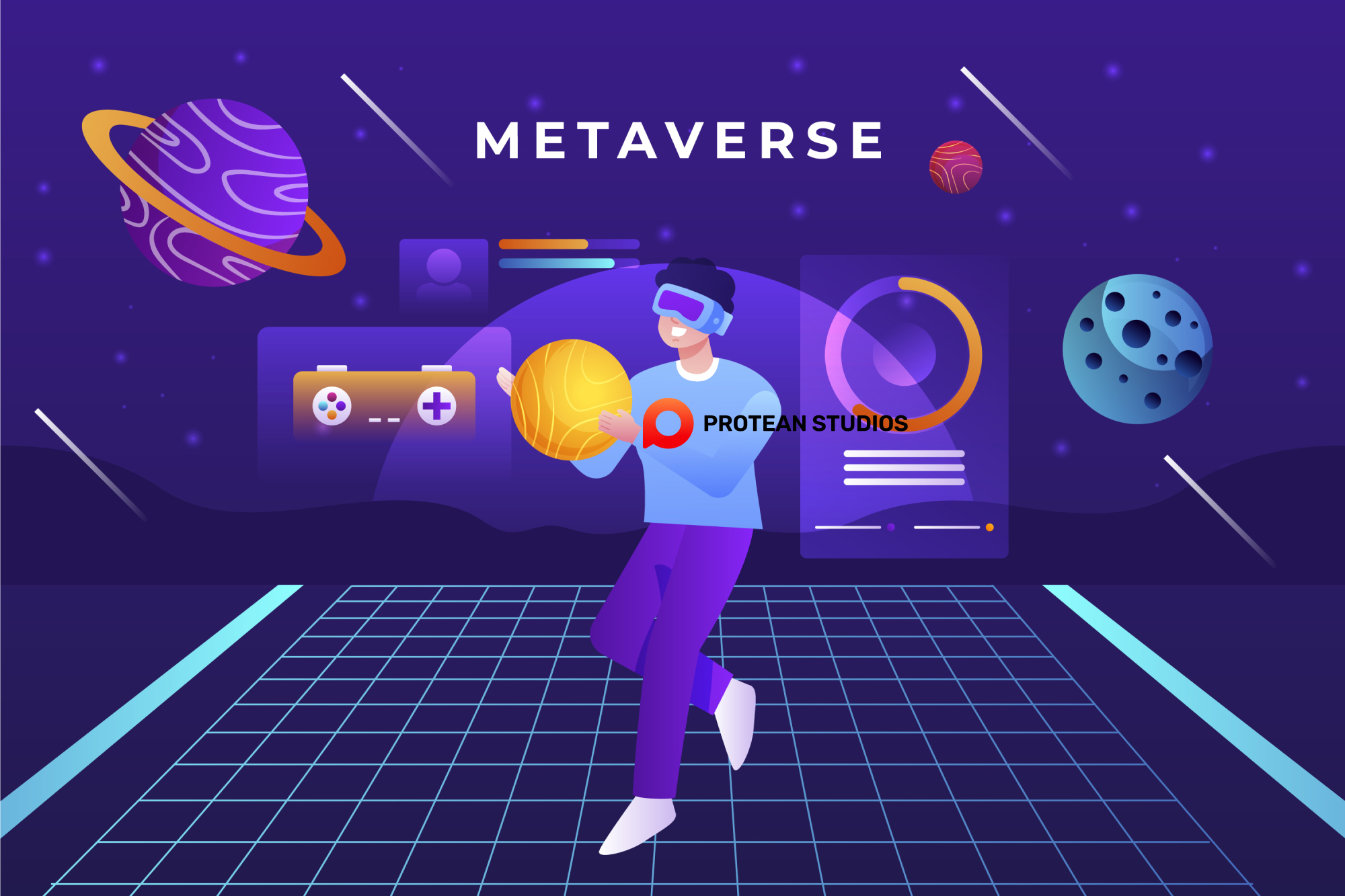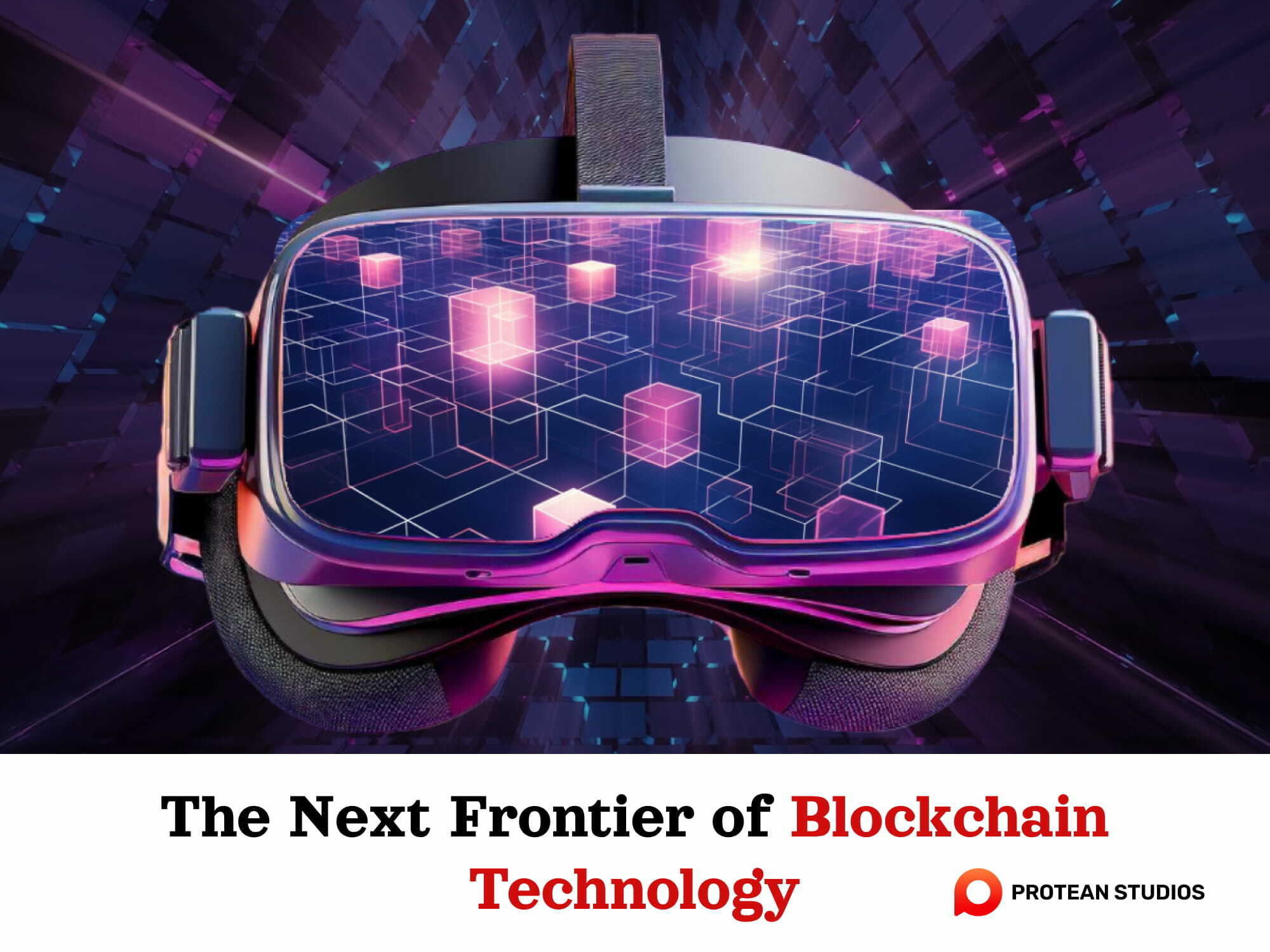The future of marketing is here, and it's not just virtual reality headsets; it's the metaverse. This immersive, three-dimensional world promises to revolutionize the way we interact with brands and products. But for marketers, navigating this new landscape can be daunting. In "Marketing in the Metaverse: What Marketers Need to Know," we'll equip you with the essential knowledge to thrive in this exciting new frontier.
Get ready to explore innovative marketing strategies, understand evolving consumer behavior, and discover the tools to build a successful presence in the metaverse.
Understanding the Metaverse and Its Impact on Marketing
The concept of the metaverse has captured the imagination of both tech enthusiasts and everyday users. This immersive virtual world promises to reshape the way we interact, play, and even conduct business. But for marketers, the metaverse presents a unique opportunity: a brand new platform to connect with consumers in innovative and engaging ways.
What is the metaverse?
The metaverse is still under development, but it's envisioned as a persistent, interconnected network of virtual worlds accessed through technologies like virtual reality (VR) and augmented reality (AR). Users can create avatars, own virtual spaces, and interact with each other and digital objects in real-time. Think of it as the internet brought to life, blurring the lines between the physical and digital worlds.

Read more: All You Need To Know About The Metaverse
How will the metaverse impact marketing?
The metaverse has the potential to change the way brands connect with consumers.
Immersive Experiences: Imagine test-driving a car in a virtual showroom or attending a fashion show with your friends from across the globe. The metaverse allows brands to create interactive and engaging experiences that go far beyond traditional marketing campaigns.
Shifting Consumer Behavior: Consumers in the metaverse will be more receptive to interactive and personalized marketing approaches. Brands will need to adapt their strategies to cater to a more engaged and discerning audience.
New Marketing Channels: The metaverse will open up new channels for brand communication. Virtual stores, in-world advertising, and influencer marketing within the metaverse are just a few possibilities.
Evolving Brand Identity: Brands will need to create a virtual presence that reflects their core values and resonates with metaverse users. This could involve designing virtual stores, in-world events, or even unique digital products.
Why companies are marketing in the metaverse
The digital marketing landscape is evolving, and the metaverse represents the next giant leap. Companies are flocking to this immersive virtual world for a simple reason: it offers a revolutionary way to connect with consumers and build brand loyalty.
Interactive experiences: Unlike traditional marketing confined to a screen, the metaverse allows brands to create interactive experiences. Imagine test-driving a virtual car, attending a live concert with friends across the globe, or participating in a virtual treasure hunt for exclusive discounts. These immersive experiences foster deeper connections with consumers.
Emotional connection: The metaverse taps into the emotional side of marketing. Brands can create virtual environments that evoke specific feelings, aligning with their brand identity. A clothing brand, for example, could create a serene virtual garden where users can try on clothes, fostering a sense of peace and relaxation.
Digital natives: Younger generations have grown up with technology and are comfortable in virtual spaces. By establishing a presence in the metaverse, brands can connect with these tech-savvy consumers on their own turf.
Evolving consumer behavior: Consumers today crave authenticity and personalization. The metaverse allows brands to cater to this by creating targeted, interactive experiences that cater to individual preferences.

Learn more: Unveiling AGI: Exploring The World Of Artificial General Intelligence
The Evolution of Digital Marketing in the Metaverse
Digital marketing has come a long way, but the metaverse takes it to a new level of immersion and interactivity. Marketers can now create unique digital experiences and virtual products and collaborate with influencers and creators in ways never seen before.
For example, a fashion brand could set up a virtual store where customers use their digital avatars to browse and try on the latest collection. Or, a music artist could host a virtual concert where fans interact with each other and the artist in real-time.
This shift offers new ways to reach consumers, create buzz, and build brand loyalty. As the metaverse grows and changes, businesses will need to adapt to this new world to take advantage of emerging opportunities.
Creating a Metaverse Marketing Strategy
The metaverse is becoming a frontier for digital marketing, offering a new dimension of interaction and engagement with audiences. As businesses look to capitalize on this emerging space, developing a robust marketing strategy is essential. Here's a comprehensive guide to crafting a metaverse marketing strategy that resonates with your brand and audience.
1. Define Your Target Audience
Understanding who your target audience is is the first step in any marketing strategy, and the metaverse is no exception. Begin by researching the demographics that frequent metaverse platforms. Consider their interests, behaviors, and the type of content they consume. This will help you create personas that represent your ideal customer in the metaverse, enabling you to tailor your marketing efforts.

Learn more: Visible And Invisible Tech Stacks
2. Establish Marketing Goals and Objectives
Clear goals and objectives are the backbone of a successful marketing strategy. Determine what you want to achieve in the metaverse. Are you looking to increase brand awareness, drive sales, or provide immersive customer experiences? Set SMART (specific, measurable, achievable, relevant, and time-bound) goals that align with your business objectives and provide a clear direction for your metaverse initiatives.
3. Select the Appropriate Metaverse Platforms
Not all metaverse platforms are created equal, and each has its own unique audience and features. Some platforms may cater to gaming enthusiasts, while others may be more suited for social interactions or professional networking. Analyze the various platforms available and select those that align with your brand values and where your target audience is most active. This will ensure your marketing efforts are focused and impactful.
By following these steps, you can create a metaverse marketing strategy that not only reaches your target audience but also creates meaningful engagements that drive your business objectives forward. The metaverse is an exciting new landscape for marketers, and with the right approach, the possibilities are limitless.




